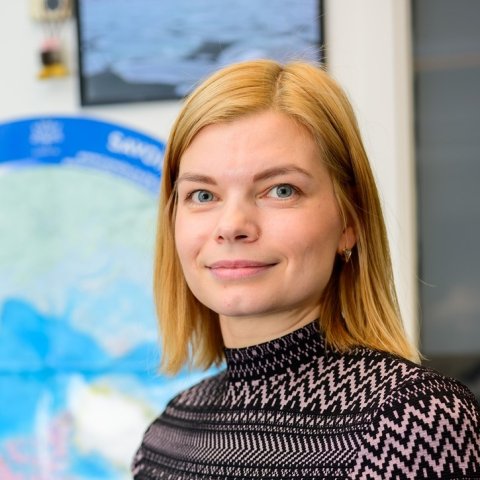Here below you can find all master courses the University Centre offers. All courses are taught in 1-3 week modules running from August through June. See how the courses are organised in the teaching schedule for both programs. Usually 2-3 courses are taught at the same time, but students may only enroll in one course at a time.
The master courses are available to you whether you plan to pursue a degree or just take a course or courses. Please review the options for guest studies to determine how you can apply.
For further information, contact the Administrative Director of Education and Teaching.
Navigation, Shipping and Offshore Activities in the Arctic
- Summer 2027
- Instructor: Dr. Julia Olsen
About the course
The reduction of Arctic Sea ice creates increased opportunities for shipping and offshore maritime industries. This course uses the developments in the Arctic as a basis for providing an interdisciplinary introduction to shipping and offshore activities, involved stakeholders, institutions and third-party services. The course will explore how shipping and offshore activities affect coastal communities and management of maritime industries. Examples from the Arctic will provide context and serve as a basis for comparison for global trends. Students will gain a deeper academic understanding of how environmental, socioeconomic and political drivers have impacted offshore activities such as shipping, navigation, port operations, offshore petroleum, seabed mining, power and telecommunications, and local community’s socio-economic development.
Instructor
is a senior researcher at Nordland Research Institute in Bodø, Norway. She has background in economics of oil and gas industry and sustainable development. In her PhD, Julia examined the consequences of Arctic shipping development on local communities in Northern Russia and Svalbard.
In addition to Arctic shipping, she conducts research on communities’ viability, tourism development, marine litter, and circular economy.

Learning outcome
On completion of the course a student:
- can identify basic international, national, and regional organizations, laws, treaties, and regulations governing navigation, shipping, and offshore activities.
- has awareness of management practices for industries operating at sea.
- has an understanding of on-shore and off-shore infrastructure (harbors, communication, services) and third-party services (meteorological, communication, Search and Rescue).
- can analyse key academic literature and identify the state of affairs today (economic, political, environmental, social) related to shipping navigation, and offshore activities.
- can identify and analyze main factors that may affect the future of shipping and offshore activities in the Arctic.
Prerequisites: No prerequisites registered for the course
Assessment: 50% written assignment; 50% group assignment
Final Exam: Assignment